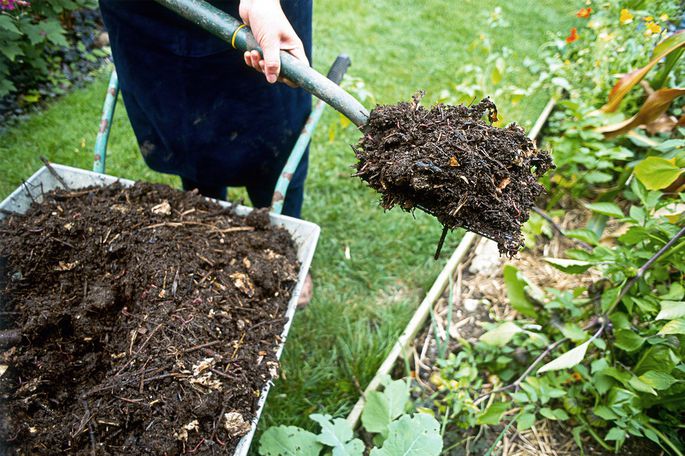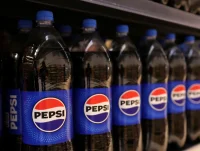[dropcap]O[/dropcap]ne of the biggest fears that has gripped Nairobi city today is how to deal with the ever increasing waste materials in the city. Most city residents have tales of heaps of uncollected garbage lying in their neighbourhoods with the most affected being the residents in low income areas.
The menace has in the recent past extended some parts of the high-end estates. The situation is no different on some of the streets in the city centre, where piles of garbage remain uncollected for weeks, inconveniencing pedestrians and causing environmental pollution.
Apparently, the county government acknowledges that the rate at which the city’s residents are generating waste exceeds its capacity to manage. This is a big reason to worry going by how we all love our lives right? Well, how well can we deal with waste, is duping the only solution, can we make something out of it?
Read along as we explore the hidden wealth inside the garbage.
Waste, waste everywhere
Simply put, waste is anything that people do not value anymore and would love to discard. The paper you throw away after taking that loaf of bread is a waste, the water bottle you don’t want to keep is a waste. I mean anything you think belongs to the dust bin is waste.
Recent estimates reveal that an average African individual generates half a kilogram of waste every day while businesses can produce up to two kilograms of waste every single day!
Reports by World Bank also indicate that Africa generates close to 70 million tonnes of waste every year. The number is expected to double in the coming years as spending power of the average African continues to rise.
RELATED ARTICLES
> Plastic bags ban is blessing to these investors
> How to make millions from hyacinth
> Where to take waste plastic bags
Most common types of solid waste surrounding us include: domestic waste (garbage and rubbish produced by individuals and households), commercial waste (solid waste coming from business places such as stores, markets, office buildings, restaurants, shops, bars, etc.), and industrial waste (produced by factories and processing plants.
Many entrepreneurs have cut themselves a niche in dealing with waste materials and are making billions of shillings out of it.
Case study: Eco-post
A case in point is Kenya’s Lorna Rutto, founder of Eco-post company.
Lorna left her well-paying and less hectic banking job to start a company that manufactures fencing posts from recycled plastic waste, a move that would also solve the deforestation menace in Kenya.
Today, her business employs over 300 Kenyans (directly and indirectly) and her plastic posts have become a favourite alternative to wood.
Lorna’s idea is today estimated to have saved over 250 hectares of Kenya’s forests, which would have been destroyed to produce timber for electricity poles and other purposes. The only raw material Lorna required was plastic waste generated freely from her environment to build a viable and successful business.
Make money from waste
There are number of opportunities that one can exploit in the waste market. Let’s look at some of the under-tapped areas and how you can start taking advantage of them.
Organic waste processing
Majority of the waste product we collect from our houses, hotels and even bars are organic and can easily decay. When well collected in one place under controlled conditions and properly decomposed, the waste can turn to a stable product [compost].
Compost is a natural product that is rich in several essential nutrients, which make it a great and widely popular organic fertilizer.

READ: Young man who is making huge cash from waste bottles
It contains huge amounts of humus (the stuff that remains when organic things fully decay), which is great for growing plants. Compost is considered a much cheaper alternative to common but expensive inorganic fertilizer.
Just within a span of 21-28 days, one is able to earn big by coming up with a nutrient-rich compost manure packed and sold as organic fertilizer.
Waste collection
Many youths have carved a niche in this segment and are making some good cash. Today, many homes and families in urban setups are willing to have people collect their garbage at a fee.
The secret to succeed here is to be as friendly and get as many clients as possible. Some easy targets include: Households, offices, bars, restaurants, hotels, workshops, construction sites, industries/factories, shops and markets.
Starting a waste collection service does not require too much money since one can easily hire the collection trucks as long as he is registered with the area authority.
The waste collected can be dumped at approved dumpsites.
Inorganic waste processing
Inorganic waste include trash that cannot naturally decay and be reused. Examples includes plastics, rubber, glass, metal and textiles etc. Most domestic and commercial waste collected by garbage trucks are dumped at designated areas, their content notwithstanding.
Dumpsites are heaped with many inorganic waste that can be recycled and used to make other important things we use in daily life. The job here entails just sorting, cleaning and selling the products if you do not want to go the industrial recycling route. Remember all companies crave for recyclable materials, making the business a hot cake.

While sorting and cleaning collected waste may require significant labour, processing the waste materials will require an investment in machines and processing equipment such as hoppers, extruders, aggregators and rollers.
The most popular recyclable materials that are highly sought after by manufacturers and industrial processors include:
Paper – Paper accounts for the largest percentage of the waste collected. Waste paper (like newspapers, magazines, cardboard and old books) can be used to make paper bags, cardboard and carton boxes for new electronic equipment.
With the ban of plastic bags in many African countries, Kenya included, paper business has become a hot cake. Recycled paper is becoming the top choice for producing biodegradable paper bags used for shopping. Companies dealing in the production of these papers are therefore likely to buy paper related waste in bulk.
Metal – Scrap metal, auto wrecks, aluminum (beverage) cans, used copper wires and used metal sheets can be melted to produce new metal products.
Collected metals can be sold at any nearby scrap metal dealer. You do not need to walk a long distance to find a scrap metal dealer. Alternatively, you can become a middle man dealing in scrap metal and sell directly to companies.
Plastic – This is arguably one of the most common forms of waste in African cities. Waste plastic such as plastic bottles, used plastic tins and containers and shopping bags can be melted and formed into varied range of new and reusable products.
Companies will look for plastics to manufacture new items as in the case of metals above.
Textiles – Old clothes can be recycled and used for the production of doormats, cushions, mattresses, homemade caps and duster coats, stuffing dolls and several other products.
Hmmm… so there is treasure hidden in trash.













What does it entail for one to start up a garbage collection in Kenya?